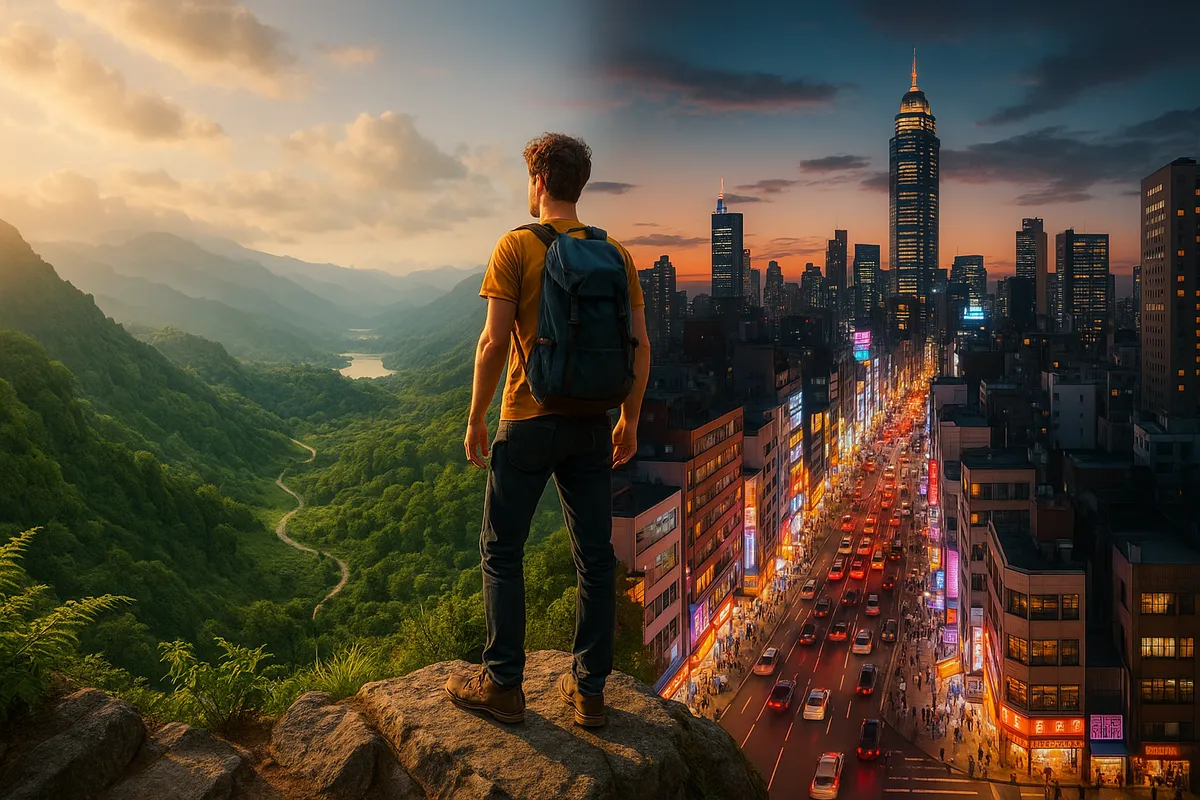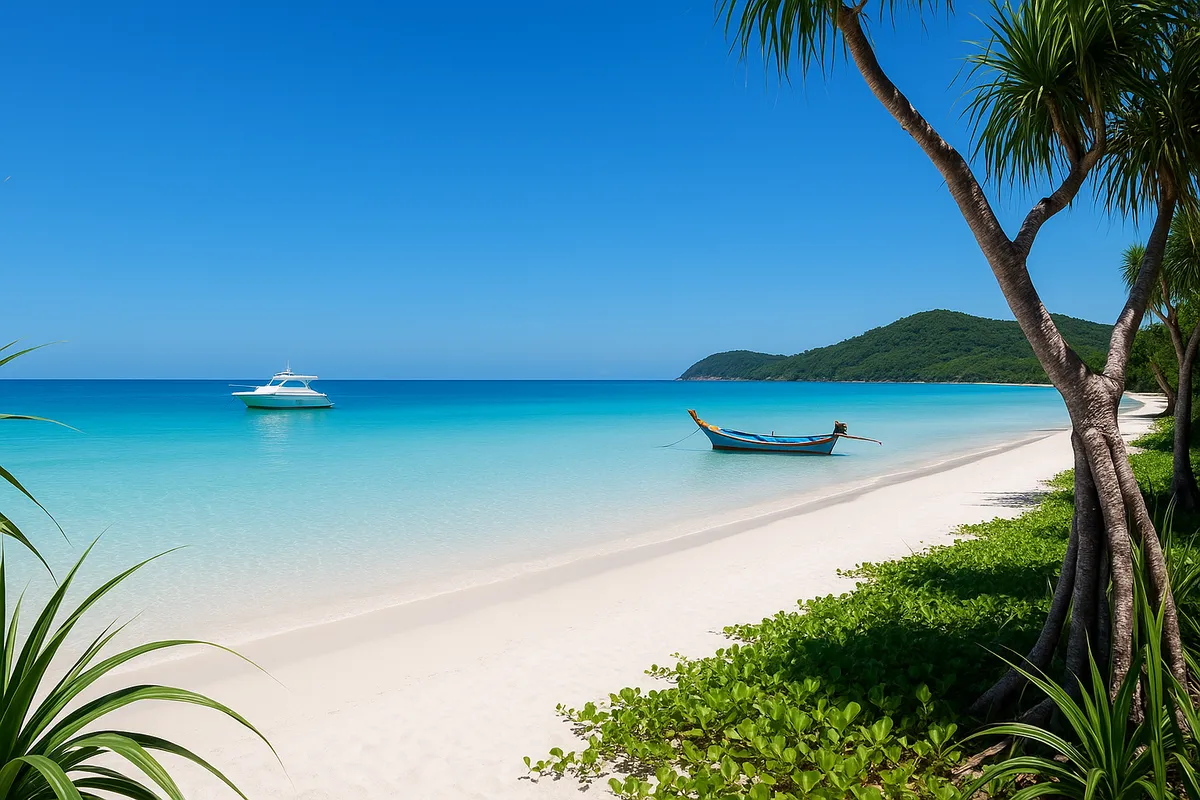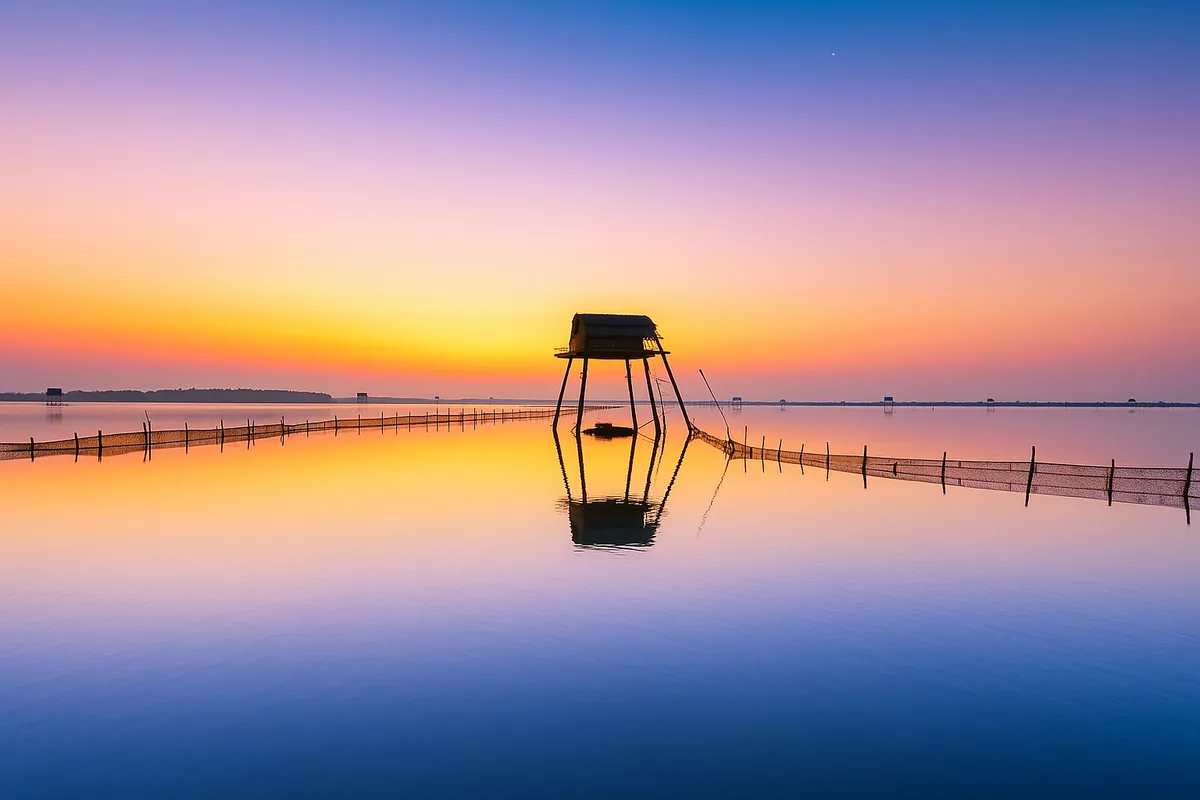Tips for choosing a travel destination that suits your personality
- Thursday, Jun 12, 2025, 10:11 (GMT+7)
Tips for choosing a travel destination that suits your personality
Some people thrive in the vibrant chaos of city life while others find joy in a hammock beneath forest canopies. Some travelers meticulously plan every hour of their itinerary while others prefer to go with the flow. What determines these preferences is something deeply personal yet often overlooked – personality. Choosing the right destination is not just about picking a beautiful place but about finding a space that resonates with who we are at our core.
One of the most common mistakes people make is following travel trends. When Da Lat became the talk of the town, everyone rushed there. When Phu Quoc exploded in popularity, flights were sold out. But not everyone found joy in those places. For some, the misty chill of Da Lat felt lonely instead of romantic. For others, the sunny beaches of Phu Quoc were more exhausting than rejuvenating due to the crowds. That’s when personality and destination are speaking different languages.
Introverts often seek tranquility and meaningful silence. They are drawn to secluded forests, sleepy villages, and places without phone signals. They are not looking for non-stop activities but rather moments to breathe deeply and reconnect with themselves. Community travel insights show that many introverted travelers favor hidden islands like Cu Lao Cham in the low season, the misty trails of Binh Lieu, or jungle homestays in Vietnam’s northwest where nature dominates and noise fades away.
On the other hand, extroverts find energy in activity and connection. They welcome the buzz, enjoy meeting people, and love being part of vibrant events. Cities like Saigon, Bangkok, or Tokyo with bustling nightlife, food tours, and festivals are ideal playgrounds for them. These travelers often take the lead in planning group trips and thrive on experiences that constantly stimulate their senses. For them, the best trips are not for rest but for reinvention.
But personality goes beyond being introverted or extroverted. Some people are logical thinkers who need structure and control. They enjoy predictable itineraries and feel most comfortable when everything is planned in detail. Destinations with great public transportation and reliable services such as Singapore, Seoul, or Tokyo often suit them best. These travelers are likely to book package tours or carefully structured travel combos, valuing efficiency and clarity above spontaneity.
In contrast, emotionally driven travelers chase inspiration. They might change their plans after seeing a beautiful photo or a poetic story online. They are drawn to aesthetics, to places with cultural soul, old architecture, charming cafes, and authentic local markets. They don’t follow maps – they follow their feelings. A traditional village during a festival or an under-the-radar historic town might provide the most unforgettable memories for them.
Another key aspect is physical adaptability and sensitivity. Some people are prone to motion sickness, sunburn, food intolerance, or altitude anxiety. Choosing a destination that challenges these limits can turn an exciting trip into an exhausting ordeal. Observations from seasoned travelers show that those who acknowledge and respect their own boundaries tend to enjoy travel more. They don’t force themselves into strenuous treks when not fit enough, skip street food tours if they have dietary restrictions, and avoid overnight flights if they know they struggle to sleep on planes.
Here’s a practical tip – visualize your perfect travel day. If you imagine waking up early, walking through the woods, listening to birds and sipping coffee in silence, then bustling cities are probably not for you. If you picture loud music, socializing, nightlife, and energy all around, then a quiet village might feel suffocating. Let this mental image guide your decision.
Another behavioral insight frequently observed is that first-time international travelers often choose destinations similar to their home environment to minimize culture shock. Conversely, seasoned travelers tend to crave contrast – the more different, the more exciting. So, traveling far doesn't always guarantee happiness, and staying close doesn’t mean settling. What matters is the emotional connection between the traveler and the destination.
Another helpful method is to reflect on past trips. Make a list of places that made you feel happy and those that left you drained, then identify the reasons. Often, patterns emerge. This self-awareness can offer clear clues for future travel. If you’re going through a transition in life, trying a completely new style of travel might open new doors. An introvert might attend a community craft workshop in a pottery village. An extrovert might take a silent yoga retreat in the mountains. Such contrasts can be transformative.
Don’t choose a destination because it looks good to others. Choose the place that makes your soul feel at peace or come alive. Every journey has a purpose. Some help you learn about the world. Some help you heal. Some help you rediscover yourself. And those only happen when the destination matches who you truly are.
Lastly, if you're still unsure, talk to someone who has traveled deeply and listens well. The most valuable advice sometimes doesn’t come from blogs or guidebooks but from people who have lived the journey, felt the impact, and understood what it means to travel with intention. When you choose the right place, you don’t need to force moments or chase check-ins. Just being there is enough to create unforgettable memories.

 CHECKIN.VN
CHECKIN.VN








Share on